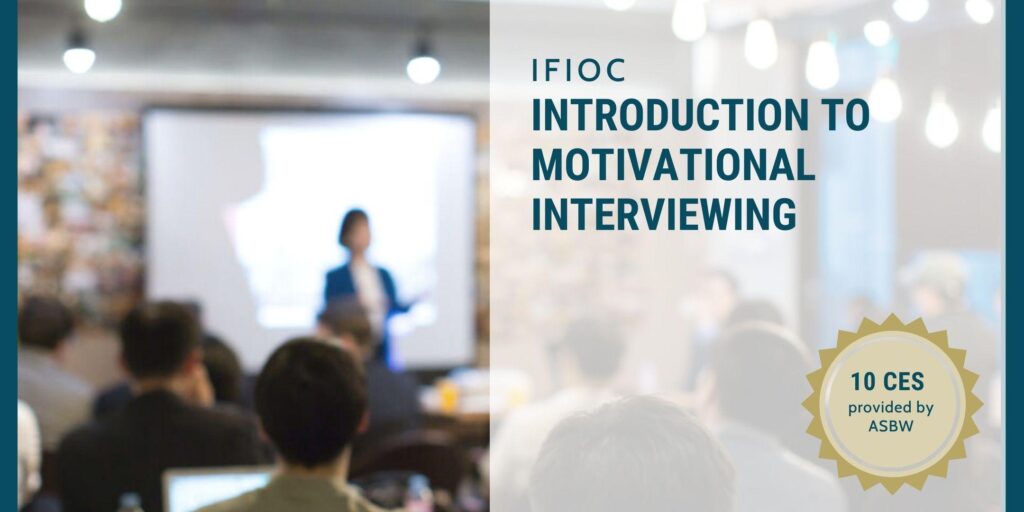Read up as this blog discuss’s empathy, it’s impact on the world and how one author noted the world needs a “Empathy Revolution”.
How Empathy can aid communication
“Why the World needs a Empathy Revolution”
A riveting article that has recently caught my attention. Jill Suttie explains Helen Reiss’s book “the Empathy Effect” magically.
Check out the original article here!
So, we know our world would be better with more Empathy in it, so what is Empathy? And how can it help communication?
First, we have to talk about the difference between Empathy and Sympathy, which are often confused.
According to Merriam Webster the definition of Empathy is:
the action of understanding, being aware of, being sensitive to, and vicariously experiencing the feelings, thoughts, and experience of another
According to Vocabulary.com Sympathy is defined as:
is a feeling of pity or sense of compassion — it’s when you feel bad for someone else who’s going through something hard.
So, if someone said to you, “I just feel so depressed, I have a hard time getting up every day.”
An Empathy response might be feeling the same emotions with them, stating: “It’s overwhelming to even start your day.”
While a Sympathy response might be feeling, “I’m so glad I don’t feel that low, that really is a bummer to feel that way.”
So how could empathy aid in communication?
When communication is done well, both the speaker and the listener tend to feel like they are on the same page.
With the above example, thinking about a empathetic response AND the sympathetic response. Which response would leave the speaker and listener on the same page?
Now let’s take a few examples, possible real-life scenarios.
A mother daughter conversation:
Daughter: “I can’t go back to school, all I do is get teased, and no one likes me.”
Mother: “You don’t want to feel alone when you go there.”
Do you see how the conversation is now shifting in 2 ways?
The daughter feels understood, like her mom gets her (If she doesn’t want to feel alone)
The mother is also focusing the conversation on what really matters to the daughter. It’s not that the daughter doesn’t want to go to school, it’s that the daughter doesn’t want to feel alone every day!
Here’s another example:
A friend to Friend
Friend A: “I just had a miscarriage, this is the worst feeling in the world and I don’t know how anyone gets through this.”
Friend B: “It’s hard to see the sun when you’re so far down.”
How would friend A feel? Friend B isn’t trying to solve or fix the problem, friend B is trying to be empathetic. Do you think friend A feels heard and understood?
Probably yes!
When we slow down to empathetically put yourselves in others shoes before responding in communication, the outcome will most likely be one where both parties feel like they are on the same page. Often leaving the speaker feeling heard and understood.
We live in a world that is busy. People are often focused on their own careers, families and activities-imagine if we lived in a world where instead of brushing past these opportunities to share empathy with one another, we embraced it.
What could that do for families, friends, communities and even depression?
We here at IFIOC agree with both Helen Reiss and Jill Suttie-Our world does need a empathy revolution!
To hone your empathy skills, check out our online membership or join one of our online or in person classes.
Communication Challenge:
Once today, try to put yourself in another’s shoes, seeing the world through their eyes and challenging yourself to not fix or solve their problems. But instead to think about what they must be feeling.
Want more?
Make sure to check out our membership or one of our online classes! Introduction to Motivational Interviewing is a great place to start by learning the basics!








Just the message that I needed today.
Thanks Casey